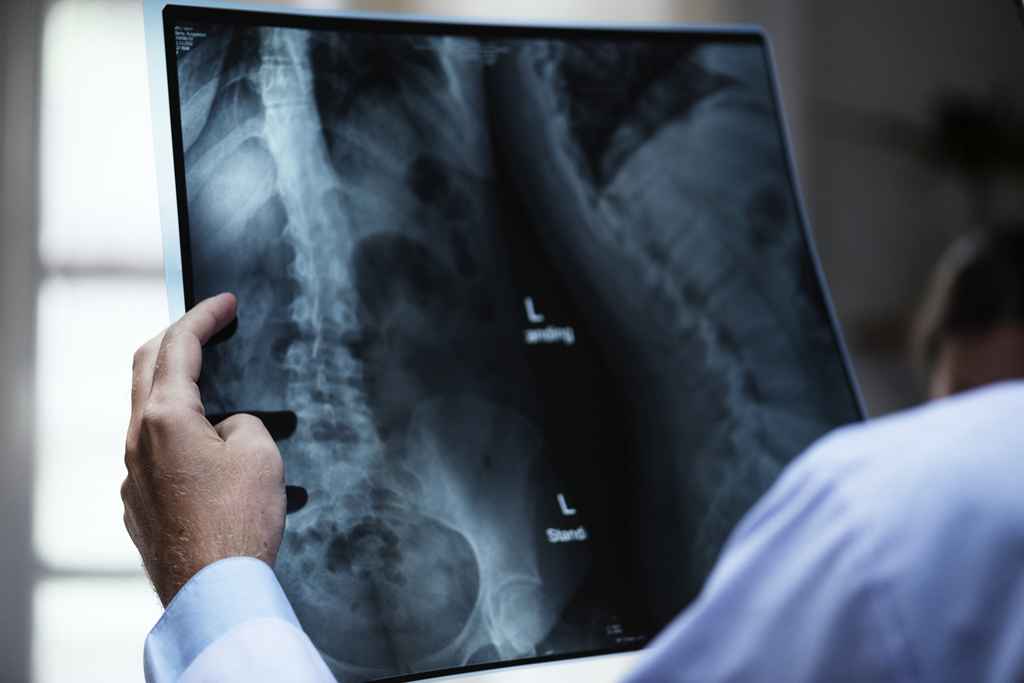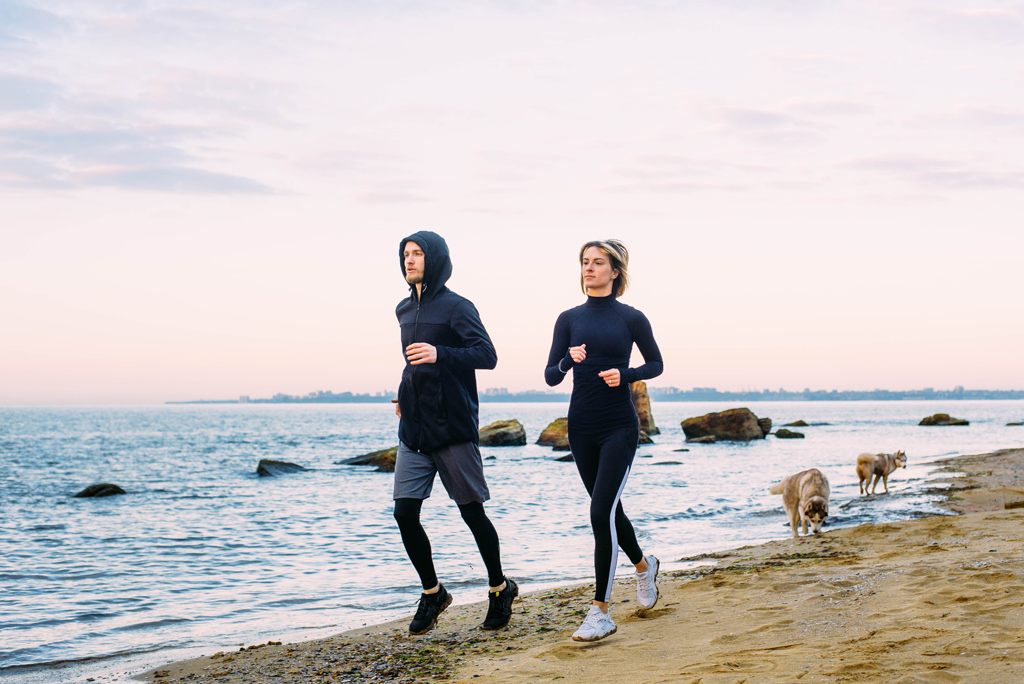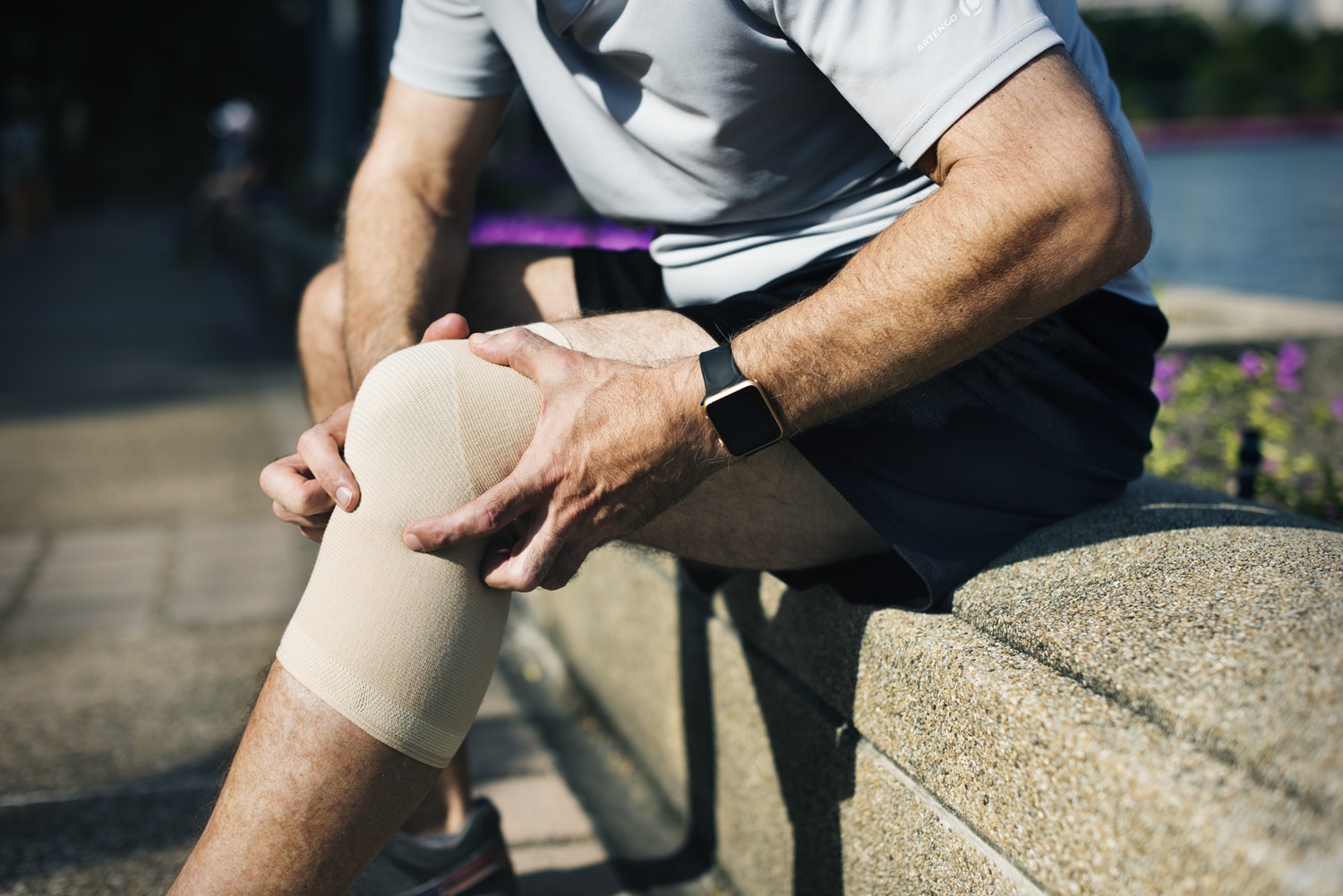It is the International Arthritis Day today. To keep your bones healthy and arthritis-free, do read this article shared by Dr. Kiran Chouka, Consultant, Orthopaedics Fortis Hospital, Bangalore.
There is a need to take extra care of your bone health. Bones in our body have varied functions, ranging from providing a basic frame to the body to protecting vital organs during an accident. Bones, along with muscles, help us carry out our day-to-day activities like running, walking or sitting. Without them, we would collapse just like a blob of jelly.
While they form an important part of the body, they are equally easier to protect with the right diet, physical activity and other lifestyle habits. This practice should begin at childhood to ensure the bone mass is sufficient to keep you healthy throughout your life. On International Arthritis Day, let us know and understand bone health better; read on.
Importance of Bone Health

A person’s bone undergoes a series of changes. At a young age, new bones grow faster and the rate of fractures are lesser. This results in an increase in bone mass. Though the bone remodelling continues after they reach 30, the body tends to lose more bone mass.
The first sign of bone loss is osteopenia, a condition where there is bone loss to a certain extent. This condition can lead to osteoporosis later in life. But with balanced diet and exercise, bone loss can be reduced.
Occurrence of osteoporosis depends on the bone mass a person attains by the time they reach 30. The amount of bone loss after 30 also contributes to it. The higher the bone mass before 30, the more healthy bones a person can have later in life.
How is bone health affected?
Some factors include:
Calcium in diet: Calcium contributes to bone density. If a person’s diet is low in calcium, it could result in bone loss at an early age and increase the risk of fractures.
Physical activity: Physically inactive people have a high risk of having unhealthy bones.
Tobacco and alcohol use: Regular consumption of these can weaken the bones. Alcohol can restrain body from absorbing calcium.
Gender: Women are at a greater risk as they have less bone tissue compared to men.
Size: People who are extremely thin (body mass index of 19 or less) or have a small body frame due to lesser bone mass can have unhealthy bones.
Age: The bones in a body get thinner with age.
Race and family history: Asian descent are at a risk of developing osteoporosis. The disease can also be inherited.
Hormone levels: Increased production of thyroid stimulating hormone in the body can cause bone loss. Another reason could be a drop in oestrogen levels in women after menopause. In men, low testosterone levels also cause loss of bone.
Medications: It is found that medicines like prednisone, cortisone, prednisolone and dexamethasone can cause damage to the bone.
Keeping Bones Healthy
One should include plenty of calcium in diet. For people aged between 19 and 50 years, and men aged between 51 and 70 years, the recommended dietary allowance (RDA) is 1,000 milligrams (mg) of calcium a day. Women after the age of 50 and men after the age of 70 must consume 1,200 mg of calcium a day. Dairy products, almonds, kale, broccoli, canned salmon with bones and soy products like tofu are a good source. Supplements can be taken if required.
Vitamin D is required by the body to absorb calcium. One could consume oily fish like tuna and sardines, egg yolks and fortified milk for the same. Exposure to sunlight can also increase vitamin D levels.
Exercises such as walking, tennis, jogging and climbing stairs, can contribute to building strong bones and reduce the rate of bone loss.
Diagnosis

A bone density test is recommended to check bone health.
Testing: The patient’s bone mineral density (BMD) is compared with a healthy 30-year-old and the bone density is measured in different ranges.
Bone-Boosting Drugs: People diagnosed with osteoporosis may be prescribed a biophosphonate — Actonel, Boniva, Fosamax, or Reclast. The risk of fracture and bone mass loss reduces with these medicines.
Estrogen Agents: As hormones change after menopause, it leads to bone mass loss. Women with weak bones may be advised to undergo hormone replacement therapy. Evista, an oral sedative, has a similar bone-strengthening effect. A synthetic parathyroid hormone, Forteo, can be recommended to some. This has to be injected every day.
A Biologic Alternative:Prolia, a lab-produced antibody, is prescribed to women whose body did not accept other drugs.





